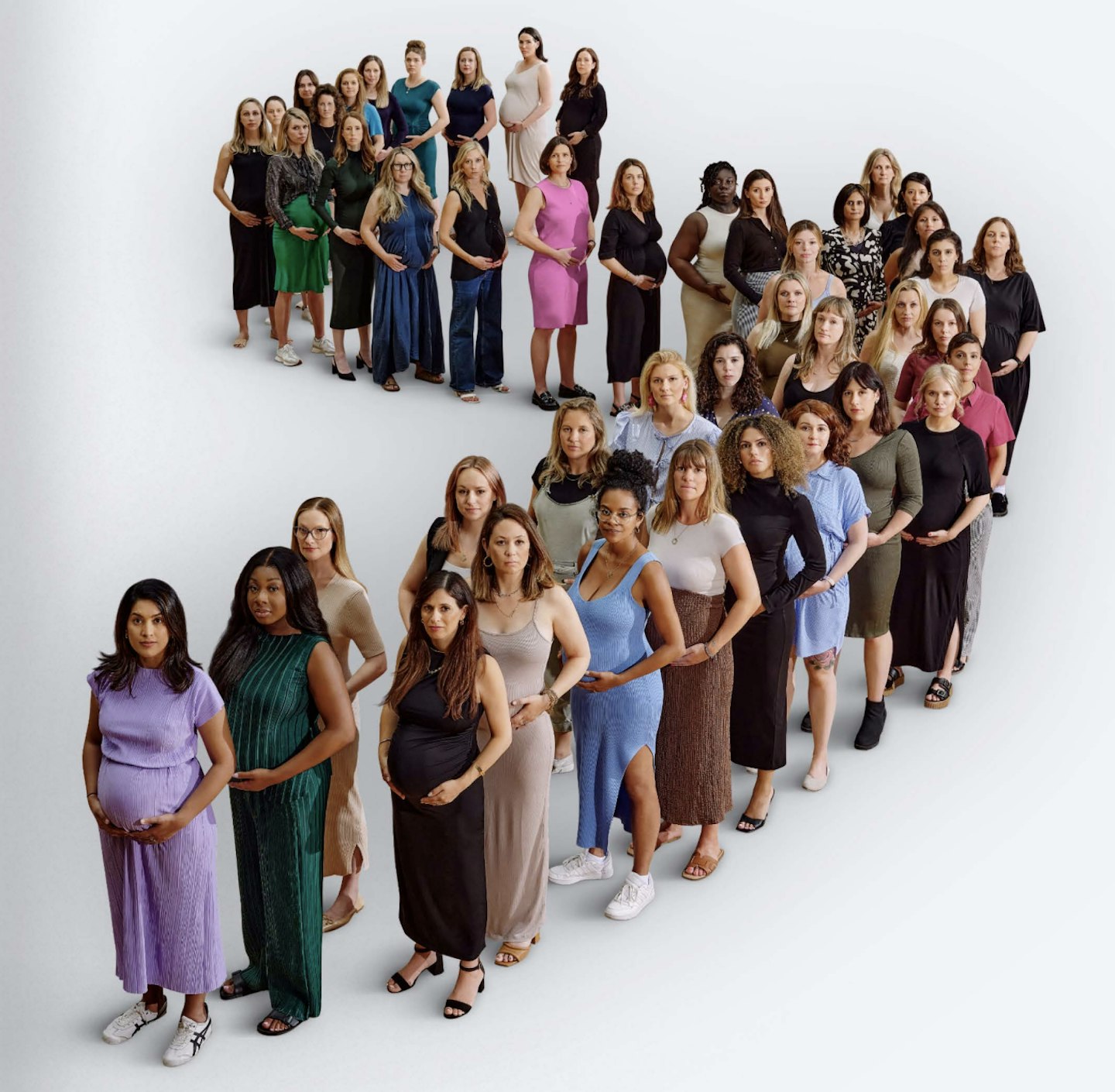When The Female Lead and Peanut surveyed over 8,000 women who had returned to work after having or adopting a baby, we got some surprises. For one thing, we didn’t expect the facts to be so dire.
Over half (52%) of mothers we spoke to from the UK weren’t satisfied with the support they received from their job after going back, and 35% feel their work set-up is unsustainable. A staggering 47% of those who aren’t happy will leave their job within a year.
'The workforce is not made for working mothers,' one woman told us, while another summarised their experience back at work as: 'Missed out for promotion, totally overlooked because I need to finish at 5pm. Previously fast-tracked, now feel blacklisted.' Another simply said: 'Stagnant.'
They told us about being sidelined and ignored: a third felt underestimated at work and 25% said they were overlooked for development or promotion. 'One year later, I am still battling to be invited to meetings I should be in,' one said. 'I have been passed over for promotion that I was an obvious candidate for, with a comment like, "You have enough on your plate with work and home,"' explained another.
In some cases it was the opposite: they were overloaded with work with no consideration given to the huge transition they were going through. 'Run the same race as your colleagues, but carry a child at the same time and get half the amount of sleep,' one woman told us.
But it wasn’t that in our From Labour Ward to Labour Force report which surprised us most. It was that the solutions are staring us in the face, and it's in businesses' own interests to change things.
When we asked returning mothers what support they wanted at work, 54% said they simply wanted to be asked what they needed: a move that is free and easy for many businesses to do. Yet only 21% of the women said they were actually asked.
Their other top request, no surprises, was flexibility – another consideration that is easy for many businesses. Yet while 75% of women said they’d wanted flexible hours to help with unplanned time off for childcare, only 42% were offered them.

The fact that some businesses aren’t having these basic conversations with their female workers, and taking steps to make things better, is all the more shocking when you learn that helping mothers at work is good for business.
Our report found that when women get the support they want, they are happier and more productive: 70% of mothers who felt supported at work said they were more loyal to their company as a result. Two thirds would recommend their company and stay longer. Women who felt most supported by their employer or colleagues felt more excited, energised and calm and less stressed when returning to work. They were more likely to say that having a child has had a positive effect on their career, and needed less time to adjust to returning to work.
We talk a lot about the 'motherhood penalty': the economic disadvantages mothers face in the workforce. But we shouldn’t overlook the 'motherhood reward', the name we’re giving to the wins businesses can take from simply listening to mothers and supporting them through this short, but very hard, period. They get happier, more productive workers, and mothers get the recognition and encouragement they need.
Mothers who step back at work because they can’t cope, or quit for another role, won't be making it into a company's senior positions, or shaping its culture. And we know that businesses with women on their leadership team are more likely to experience above-average profitability.
Businesses need to sort this out fast. Four out of five women have a baby in their lives, and we know that women do the lion’s share of childcare and household juggling. It’s not a minority concern. And all it takes to solve is common sense, and open ears.
The Female Lead is a women's empowerment charity that works with girls in schools, dispels gender myths through research and data, and shares the stories of successful and inspirational women. It has released a comprehensive toolkit for employers to help returning mothers, based on the recommendations in its From Labour Ward to Labour Force report.
